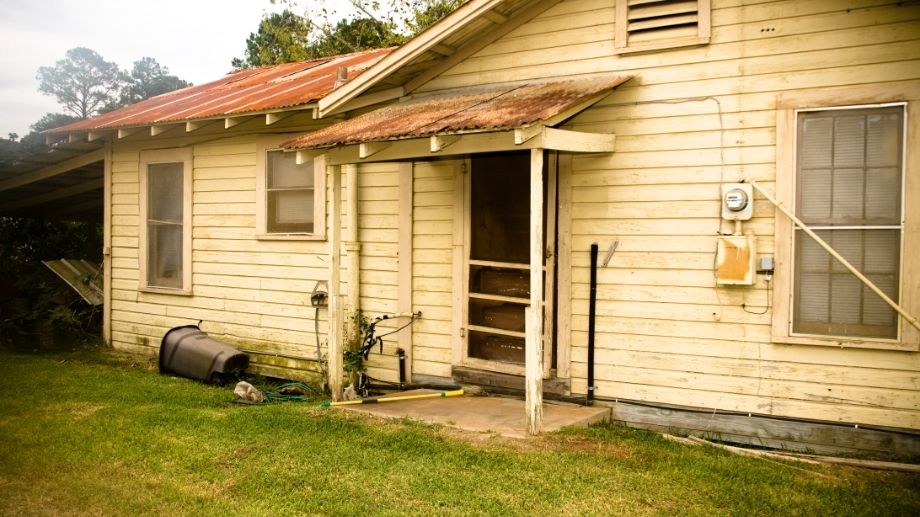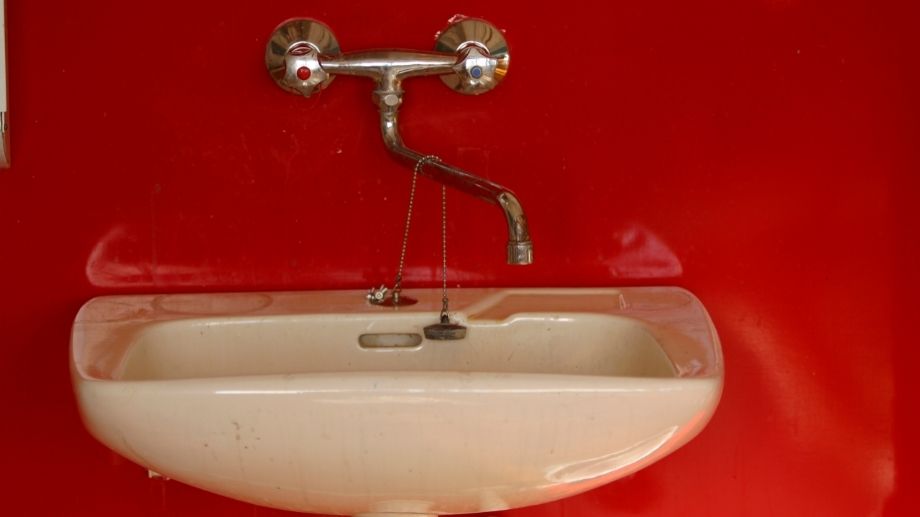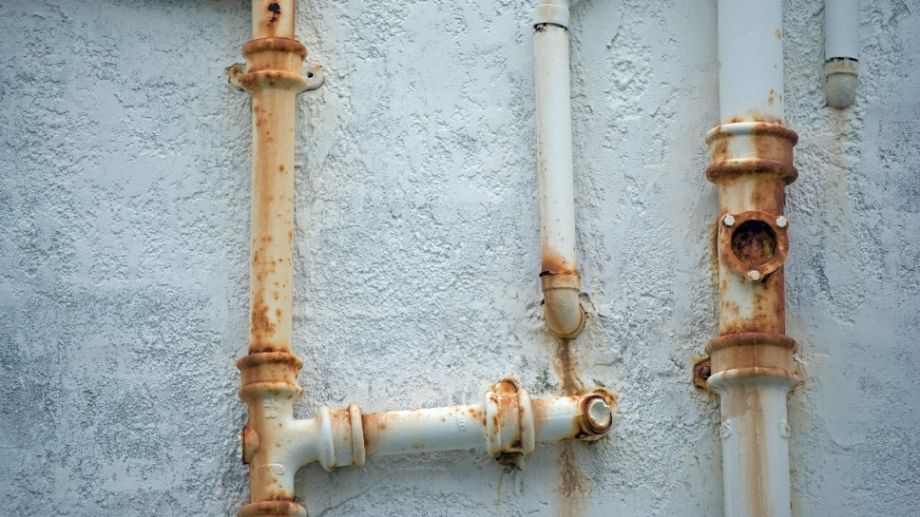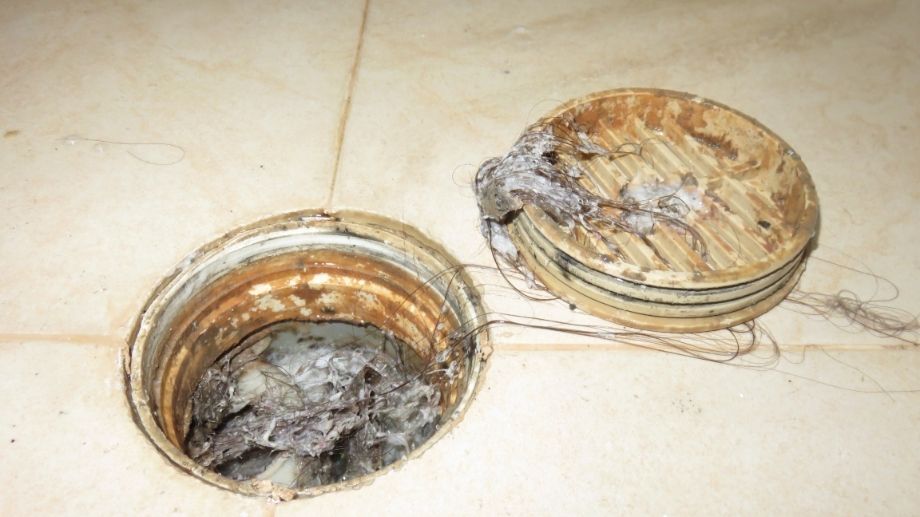The 5 Most Common Plumbing Problems in Old Homes
Most people suffer from a few aches and pains as they get older.
It makes sense that in older homes, the plumbing system could be feeling the same way.
A home built in the 1960s is now more than 50 years old and problems usually go deeper than doors that don’t close properly or a few cracks in the wall.
An older home with character can appeal to younger home buyers but equipment installed in the ’60s or even earlier will be nearing the end of its lifespan.
The original plumbing can be a source of potential trouble in ageing homes and there are a number of tell-tale signs to be aware of.
Here are 5 common plumbing problems to look out for.
Outdated Fixtures
Handles break and washers and valves get worn down, causing leaks and unpleasant odours.
While older fixtures have a certain charm and were often made of better quality materials than today’s counterparts, they all erode with time and inevitably problems follow.
If you’ve still got original valves, spigots, taps and handles in your home, it could be time to get them replaced before anything bad happens.
Ignoring failing fixtures can be an inconvenience at best or an expensive disaster at worst.
Shifting Pipes
Pipes buried underneath your home or encased in concrete slabs are going to be affected by the old home’s gradual movement.
If the pipes shift downwards they buckle and create a “belly”, which is a negative slope that can restrict the flow of water or create pools that end up accumulating waste.
You will eventually notice poor drainage, slow-flushing toilets and potentially a clogged sewer line.
These “bellies” don’t cause immediate failure of a sewage system, but become problematic when debris collects and causes system blockage or backup.
A professional plumbing service will be needed to fix the headaches caused by “pipe bellies”.
Galvanised Piping
Galvanised pipes, which are common in older homes, are a regular source of potential problems after half a century.
The galvanic process means coating an iron pipe with molten zinc to prevent the iron from corroding. This covering doesn’t last forever.
As the zinc erodes, the exposed iron begins to rust. This causes pipes to fail and the warning sign is easy to spot.
The water will become discoloured from the rust. There’s also likely to be a problem with water pressure.
The typical lifespan of galvanised pipes is 25 to 40 years, according to water purification group The Berkey.
The solution is to have galvanised pipes replaced by modern alternatives, such as copper or PEX (cross-linked polyethylene).
There are also potential problems with polybutylene piping, which was regarded as the “pipe of the future” when it was first used in the 1970s.
Oxidants in public water systems caused a chemical reaction with the plastic, leading it to flake, become brittle and crack.
Any existing polybutylene pipes should be replaced before they fail.
Bad Repair Jobs
Homeowners are at the mercy of the plumbers who have worked on repairs and installations over the years.
It could be work done well before you even moved into the property.
In an older home, your plumbing may have had multiple repairs by a number of different plumbers.
Then there’s the possibility of DIY work being done by previous owners which may have been below a professional standard.
While some of these repair jobs might be amusing, they can also be dangerous if ignored.
When buying an older home, it’s probably a good idea to have a professional plumber come in and inspect the state of the system.
Drain Issues
More than 50 years of scum, soap, sewage and dirty water is bound to take its toll on any home’s drains.
Toilet, kitchen and bathroom sink drains are particularly susceptible to clogging.
Kitchen sink drains tend to be a target for things that should not go down the drain, like kitchen fats, pieces of food and even bone. Unless there’s a garbage disposal installed, this is likely to have happened.
If you notice water backups in your sinks, a backed-up toilet, or any strange smells coming from your drains, it could be the time to get a professional plumber in for an inspection.
A Clean Bill of Health
Older homes – whether you’ve lived in one for a while or you’re moving into one – have a unique charm and appeal.
They also have unique problems, some of which have accrued for 30 to 50 years, that need to be addressed before you face an emergency.
Some of these faults are beneath the surface and not easy to detect.
Getting a professional plumber in to inspect the state of the system is advisable.
A clean bill of health for your plumbing is a satisfying feeling as you relax in your stylish older home.
DISCLAIMER No Legal, Financial & Taxation Advice
The Listener, Reader or Viewer acknowledges and agrees that:
- Any information provided by us is provided as general information and for general information purposes only;
- We have not taken the Listener, Reader or Viewers personal and financial circumstances into account when providing information;
- We must not and have not provided legal, financial or taxation advice to the Listener, Reader or Viewer;
- The information provided must be verified by the Listener, Reader or Viewer prior to the Listener, Reader or Viewer acting or relying on the information by an independent professional advisor including a legal, financial, taxation advisor and the Listener, Reader or Viewers accountant;
- The information may not be suitable or applicable to the Listener, Reader or Viewer's individual circumstances;
- We do not hold an Australian Financial Services Licence as defined by section 9 of the Corporations Act 2001 (Cth) and we are not authorised to provide financial services to the Listener, Reader or Viewer, and we have not provided financial services to the Listener, Reader or Viewer.
"This property investment strategy is so simple it actually works"
Want to achieve baseline financial freedom and security through investing in property? Want a low risk, straightforward way to do it? Join more than 20,000 investors who have transformed the way they invest in property."




